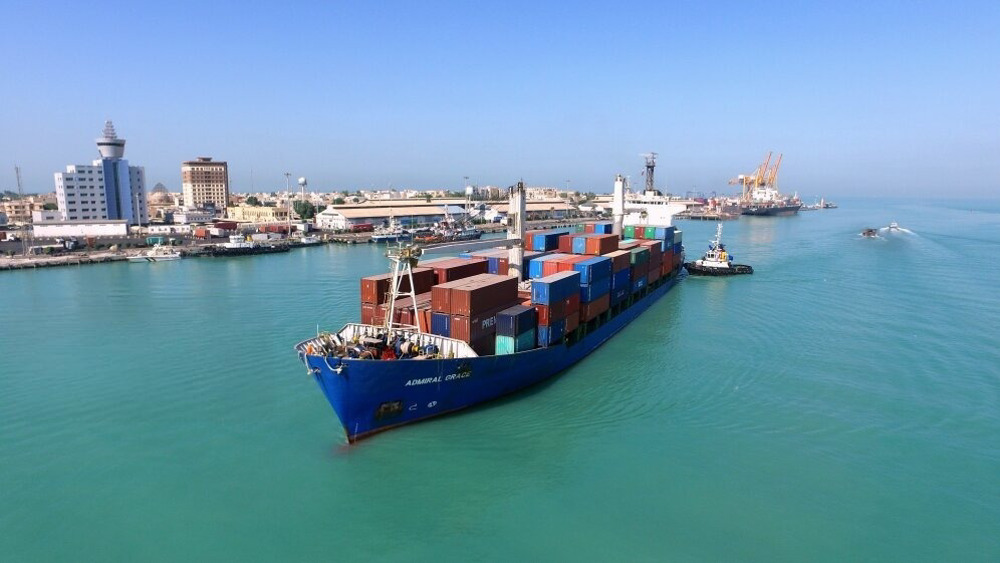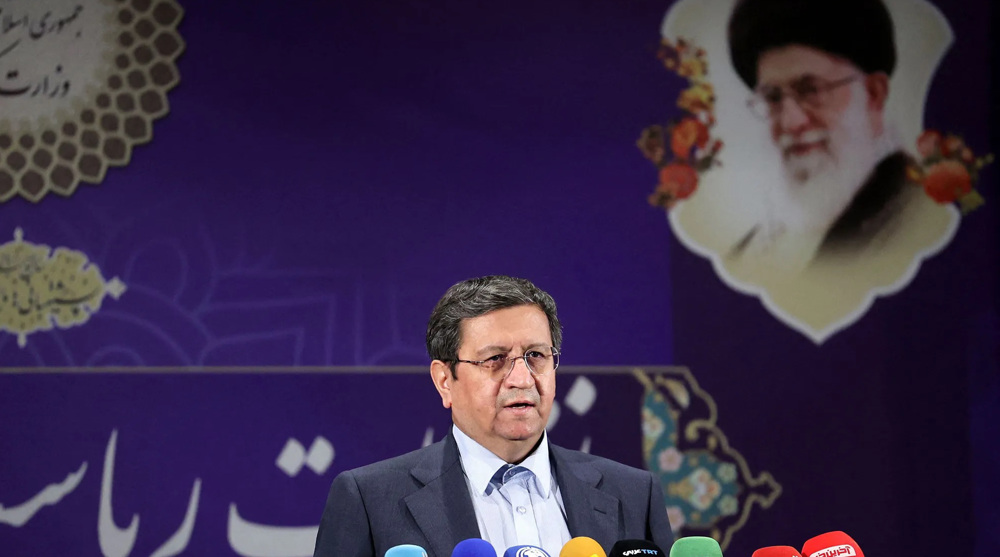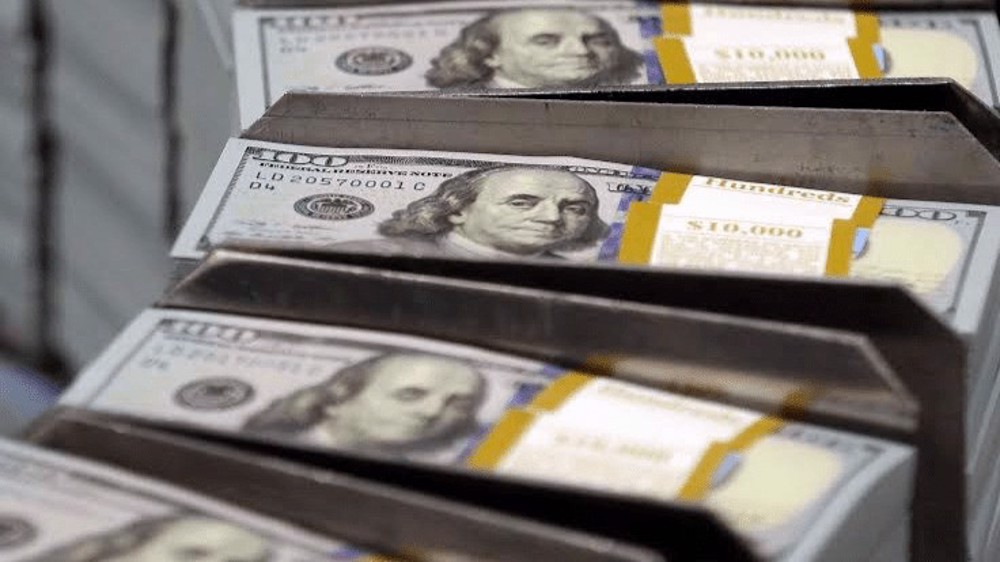Iran govt. sees economy growing 5% in 2016
The Iranian government expects an economic growth of five percent in 2016 as the country is beginning to emerge from draconian US-led sanctions.
Government spokesman Mohammad Bagher Nobakht says the economy is also expected to grow three percent this year despite sagging oil prices.
“Given oil revenue only represents 30% of the budget, the decrease in oil prices has had limited impact on government spending, including on key infrastructure projects,” financial data and news provider Bloomberg quoted him as saying in an interview.
Iran’s ability to repatriate its frozen assets overseas after the removal of sanctions will offset the budget deficit and help the government shore up foreign currency reserves, he said.
While hurting Iran, the sanctions were partly a blessing in disguise, leaving Iran “largely insulted from global market turmoil which has hit emerging markets especially hard”, Bloomberg quoted Nobakht as saying.
The ongoing market mayhem in the wake of China’s downturn will also have little impact on Iran’s economy, he added.
“Our economy is not yet interlinked with the world economy so the fluctuations that happen in markets abroad don’t impact Iran with the same intensity or as directly.”
Iran’s improving economic outlook has already seen tax revenue gush by about 30% since the start of the Iranian year on March 21, compared with the same period the previous year, he said.
Nobakht projected Iran’s foreign currency earnings to climb over $100 billion and the removal of sanctions lead to the release of another $30 billion.
“We don’t have much debt, and we have considerable foreign currency reserves. This creates more confidence for those who want to invest in Iran,” Nobakht said.
“What is important is the total assets that are seen as the Central Bank of Iran’s reserves in the world and which foreign investors can rely on when wanting to come and invest,” he added.
VIDEO | Press TV's news headlines
VIDEO | Education in War: Untold stories of Gaza students
Venezuelan president, wife taken to New York following kidnapping
VIDEO | Pakistan sees decline in attacks after Afghanistan border closure
VIDEO | Yemen’s Hadramout facing tensions after Saudi strikes
US kidnapping of Venezuela’s president ‘clear instance of state terrorism’: FM
‘Maduro our only president; no empire will rule us’: Venezuela vows resistance after US kidnapping
VIDEO | Press TV's news headlines










 This makes it easy to access the Press TV website
This makes it easy to access the Press TV website